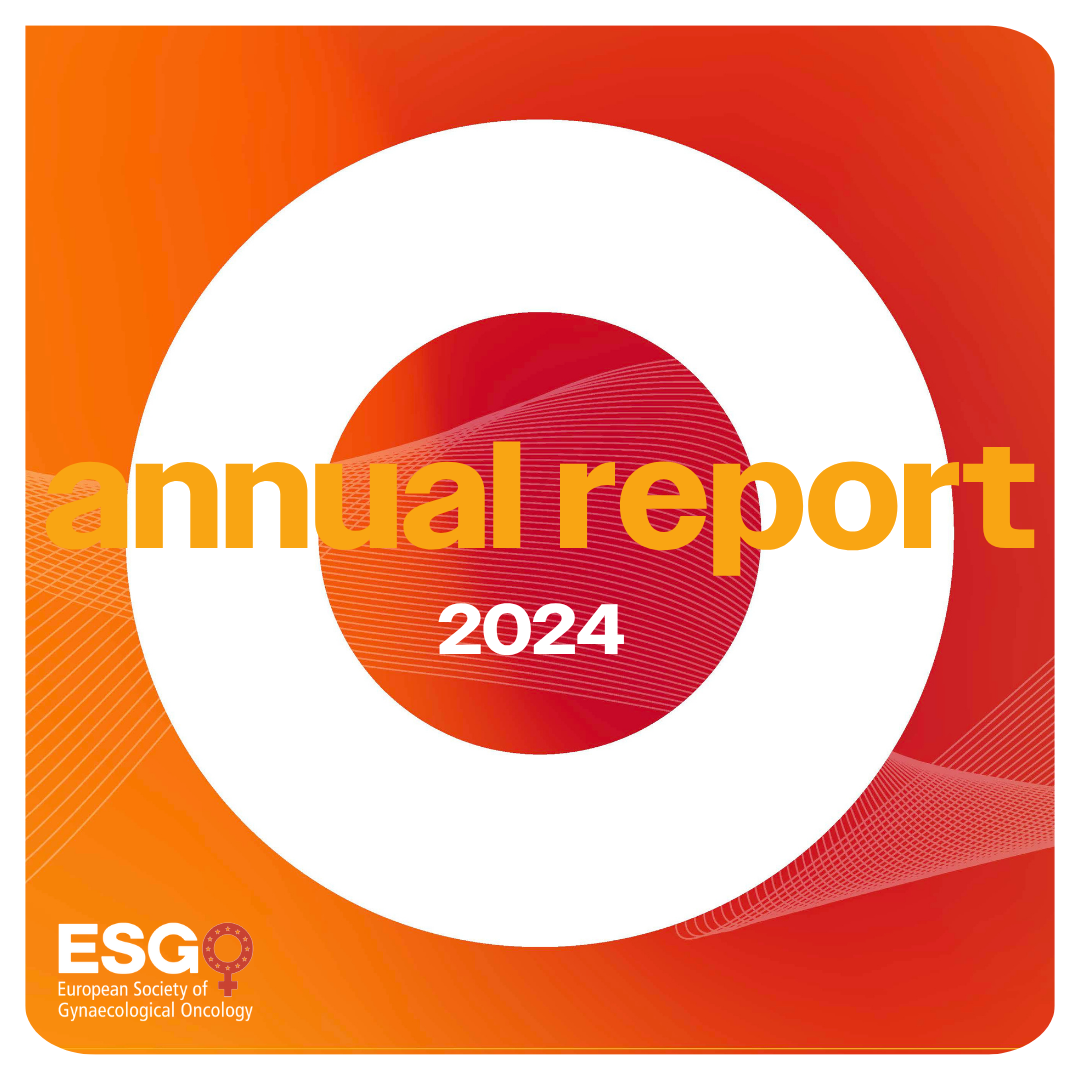Task Forces
Task Forces and Affiliated Networks
Fertility Preservation
Mission Statement
The Task Force promotes knowledge among health care workers and the public on infertility induced by treatment of gynaecologic cancers through national and international collaboration among Oncologists, Reproductive Specialists, and Allied Health Workers to promote research, education and to develop new strategies of fertility preservation.
Objectives
The Task Force’s initial objectives will focus on fertility preservation in all gynaecologic cancers in which fertility preservation techniques should be offered to patients. As a cooperating counterpart to the frequently used techniques of reproductive medicine (e.g. cryopreservation of ovarian tissue and oocytes), this task force will mainly focus on the feasibility and safety of fertility preservation techniques, including conservative medical management of endometrial cancer and surgical procedures maintaining fertility (e.g. trachelectomy in cervical cancer).
Activities
The main activities within the next two years are establishing networks and cooperation with regional and supra-regional groups in order to increase public awareness and optimise fertility preservation techniques. It will do so by evaluating current available evidence and consecutively establishing evidence-based guidelines. A special session on Fertility Preservation is held during the ESGO Biennial Meetings.
Working Group
Chair:
Dominik Denschlag, Freiburg, Germany
Members:
Vesna Kesic, Serbia
Nicholas Reed, UK
Alexandros Rodolakis, Greece
Mandy Mangler, Germany
Philippe Morice, France
All ESGO members with a special interest in fertility preservation are cordially invited to register by clicking here.
Task Force working group contact:
dominik.denschlag@hochtaunus-kliniken.de
Prevention & Diagnostics Task Force
Objectives
The task force aims to improve the quality of care in prevention of gynecological cancer, provide education in the field of prevention through collaboration with other European societies in the field prevention gynecological cancer, and increasing awareness about prevention among general public, medical professionals and decision making politicians.
Activities
1. Quality of care
Joint work with the ESGO Guidelines committee on the Recommendations for Screening of Cervical cancer (Implementation of screening and vaccination, Management of positive screening test and Quality Assurance indicators)
2. Education
- Involvement in organization of the State of Art Conference: Prevention in Gynaecological Malignancies in Antalya, 8-10 September, 2016
- Development of Picture gallery which will include not only colposcopy but also cytology and pathology pictures, case reports and clinical problems.
- Development of training courses about prevention and/or colposcopy for tarinees in gynecological onclogy
- Propose implementing prevention and/or colposcopy training in the curriculum for gynecological oncology
3. Collaboration
- Future development of collaboration with European Society for Pathology (joint work on educational contents)
- Initiating collaboration with European Society for Colposcopy (planning joint colposcopy courses involving ENYGO, supporting implementation of already defined and obtained European-wide consensus on training structure and standards)
- Initiating and supporting ccollaboration with MASCC in the field of tertiary prevention (palliative care)
4. Awareness
- Improving collaboration with ENGAGe in scientific support for the work with patients (i.e. lectures, preparing the text for brochures)
- Participation in promotional activities in order to raise public awareness about prevention (promotion of Prevention broche)
Working Group
Chair:
Vesna Kesic, Belgrade, Serbia
Members:
Murat Gultekin, Turkey
Dina Kudriani, Georgia
Ermina Ilijazovic, Bosnia and Herzegovina
Mihail Katsuba, Russia
vek1@mts.rs
Psycho-Oncology Task Force
Mission Statement
The Task Force addresses the psychological responses of patients and their families to gynaecological cancer at all stages and the factors that may influence coping with the disease. The aim of the Task Force is to establish psycho-oncological care in Europe through ESGO and its members, develop training programs and workshops in psycho-oncology, establish collaboration across countries and disciplines to develop research projects and research inspired to practice in psycho-oncology, and contribute to guidelines and factsheets.
Information about specific psychological interventions regarding prevention, diagnosis, treatment, and rehabilitation will be provided.
Objectives
The Task Force’s primary objective is to distribute knowledge about the interrelations between physical, psychological, social, and behavioural aspects of gynecological cancer and the psycho-social therapeutic options to support patients, families and their care-givers.
The Task Force will also build collaborations across countries and disciplines to develop research projects and research-inspired practice.
Activities
I. In 2010, collaboration between ESGO and IPOS (International Society of Gynaecological Oncology) started with a knowledge exchange and implementation of an IPOS workshop at ESGO 17 International meeting in Milan 2011, and an ESGO workshop at the IPOS 13 World Congress in Antalya 2011.
In 2012, the collaboration culminated by signing the ESGO & IPOS Partnership aiming to provide ESGO members with an educational Core Curriculum on Psycho-Oncology available on eAcademy and has been implemented into the official ESGO & EBCOG subspecialist training programme in Gynaecological Oncology.
The psychosocial training workshop “Anxiety, Depression and Distress Management” focused on a set of core psycho-oncological topics and skills was organised during the ESGO 17th International Meeting in Milan, in collaboration with IPOS (International Psycho-Oncological Society). This workshop is available online as a part of the ESGO17 webcast.
II. In 2018 the development and validation of a “fertility preservation in cancer patients” questionnaire EORTC-ESGO started, which include the development of the preliminary list of issues, interviews of patients, and professionals.
III. Contribution to the WHO cervical cancer palliative care project which includes:
a. Prevention & relief of psychological suffering of women with cervical cancer
b. Psycho-oncology as part of an augmented package of palliative care for refractory symptoms
IV. Contribution to the Ovarian Cancer Perioperative Management Guideline, which will imply the chapter Psychooncological/ social support to the Guidelines.
V. Contribution to the ESGO-ESTRO-ESP Endometrial Cancer Guidelines
“Psycho-oncological support for endometrial cancer patients”
VI. Development of ESGO MCQ questions: Psycho-oncology and Survivorship
VII. Start of implementation of a Curriculum: Psycho-oncology in 4 modules for Gyn Onc Fellows and interested physicians
a. Psychosocial needs of women with gynaecological cancer and of their family members, integration of diagnostic tools in clinical routine (techniques, instruments)
b. Therapeutic options (cognitive behavioural (psycho-educative), supportive expressive, meaning based intervention techniques and creative therapies)
c. Communication skills (how to break bad news, difficult situation of patients with cancer, targeted therapy/ personalized medicine, shared decision making, communication within the multi-professional teams with roll games and simulation patients)
d. Professional environment (infrastructure, prevention of burn out, supervision/coaching)
VIII. Future directions:
a. Formally including psycho-oncology in ESGO Fellowship
b. Implementation of the psycho-oncology curriculum
c. Integration of psycho-social care in all gynecological cancer guidelines of ESGO
d. Technical transfer of the psycho-oncology lectures (from IPOS to ESGO)
e. Development of a ESGO Psycho-oncology Guideline
Working Group
Chair
Annette Hasenburg (Germany)
Members
Vesna Kesic Liesbeth Leemans,
Luzia Travado, Elisabeth Andritsch,
Sabine Deprez Marco Battista,
Anja Mehnert Joachim Weis,
Frederic Amant Jalid Sehouli,
Isabel White Snezana Mijalkovic,
Leen Aerts Tineke Vandenbroucke
Task Force Working Group contact:
annette.hasenburg@uniklinik-freiburg.de



